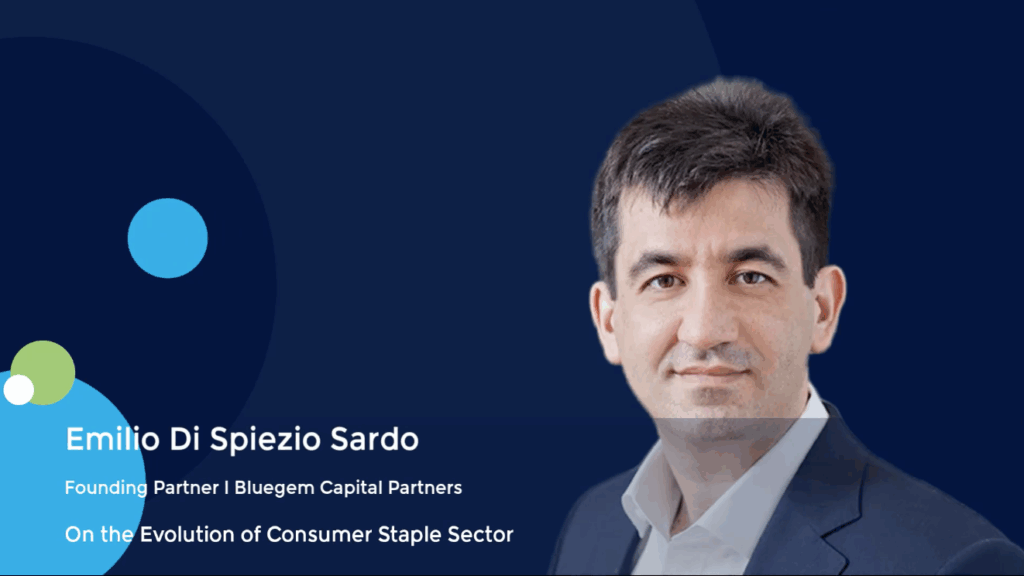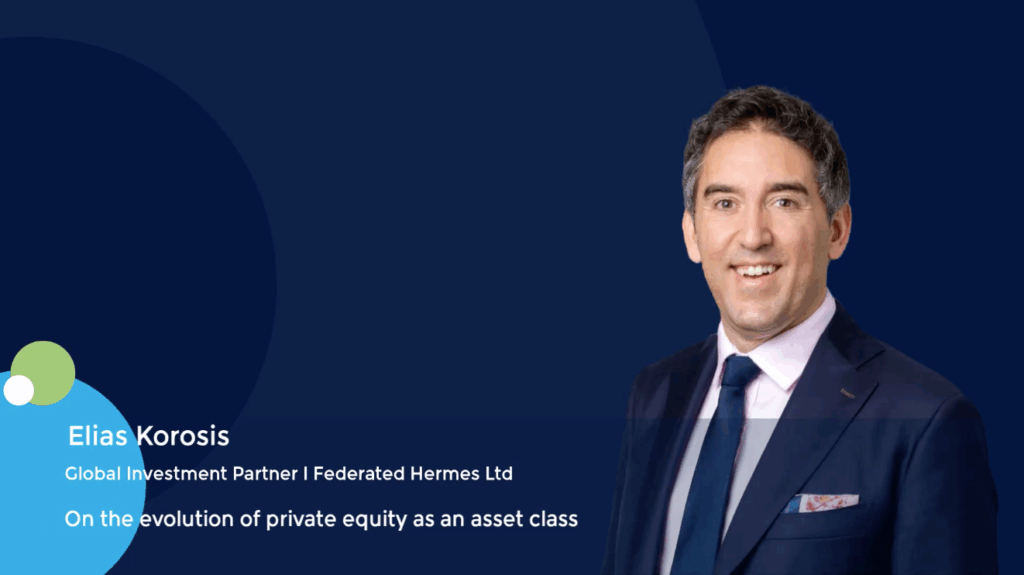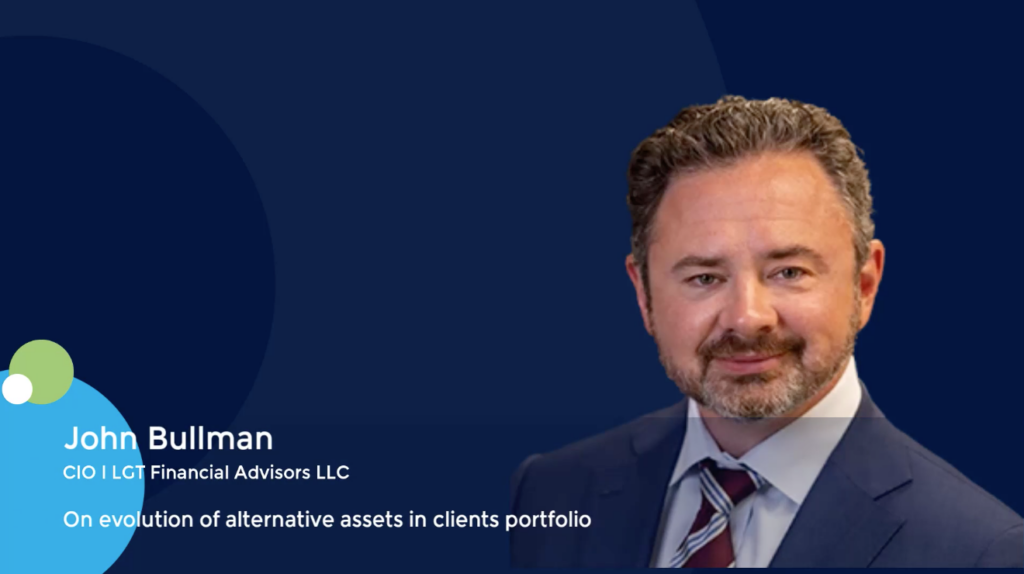PE should be more tactful targeting Australia HNWI capital – AVCJ Forum
GPs should rethink their approaches to fees and reporting when attempting to access high net worth individuals (HNWIs), private wealth management professionals told the AVCJ Private Equity Forum Australia & New Zealand.
“There’s a myth that anything the superannuation funds reject comes to private wealth, and private wealth will pay whatever fees need to be paid because we’re the place that everyone else goes to. I simply don’t think that’s the case,” said Gillian Gordon, head of alternative investments and responsible investing at JBWere.
“A number of us have seen some GPs try this – come to private wealth land with exorbitant fee structures and actually additional fee layers just for private wealth even though the investment is exactly the same as the investment they tried to sell to superannuation funds. Those don’t fly.”
Gordon emphasised that private wealth management firms face significant difficulties in terms of balancing stakeholder bases that include thousands of HNWIs with sometimes pressing “death and divorce” personal agendas as well as financial advisors offering various fund structures. Among these structures, traditional closed-ended private equity funds were said to be the most challenging.
In a panel discussion on the subject, proposed solutions included a more cooperative partnership approach whereby private wealth managers and GPs work together to educate underlying investors about closed-ended funds. This could be facilitated in part through comparisons to illiquid asset classes already familiar to HNWIs such as real estate.
Martin Randall, head of alternatives at LGT Crestone, observed that the education process must extend to PE firms’ understanding of HNWI reporting requirements. He described private equity’s industrywide challenge of defining appropriate GP-LP reporting standards as being the most difficult in the wealth management space.
“You go out and buy a global equity fund, a Capital Group or a Fidelity, you know what you’re going to get. You’re not going to get pounded with metrics that don’t make any sense, that are assumed knowledge from the industry,” Randall said.
“You’re going to get limited commentary. Having consistency and acknowledging that the client base is going to be nowhere as sophisticated as the people in this room is important.”
Advice to GPs otherwise extended to knowing what kinds of stories will resonate with HNWIs. This includes high-conviction ideas around secondaries, energy transition, decarbonisation, electric vehicles, artificial intelligence, data centres, and Asia’s rising middle class.
“Is it going to be something that is still relevant in 7-8 years? Are the thematics that you’re looking at there still front and centre for clients,” said Darragh Kennelly, senior investment analyst at Escala Partners.
“The workload that goes into raising for a closed-ended structure is going to be that much greater. You’re dealing with a certain timeline, so making sure that it is something that you know will get significant traction across your platform is really key.”











